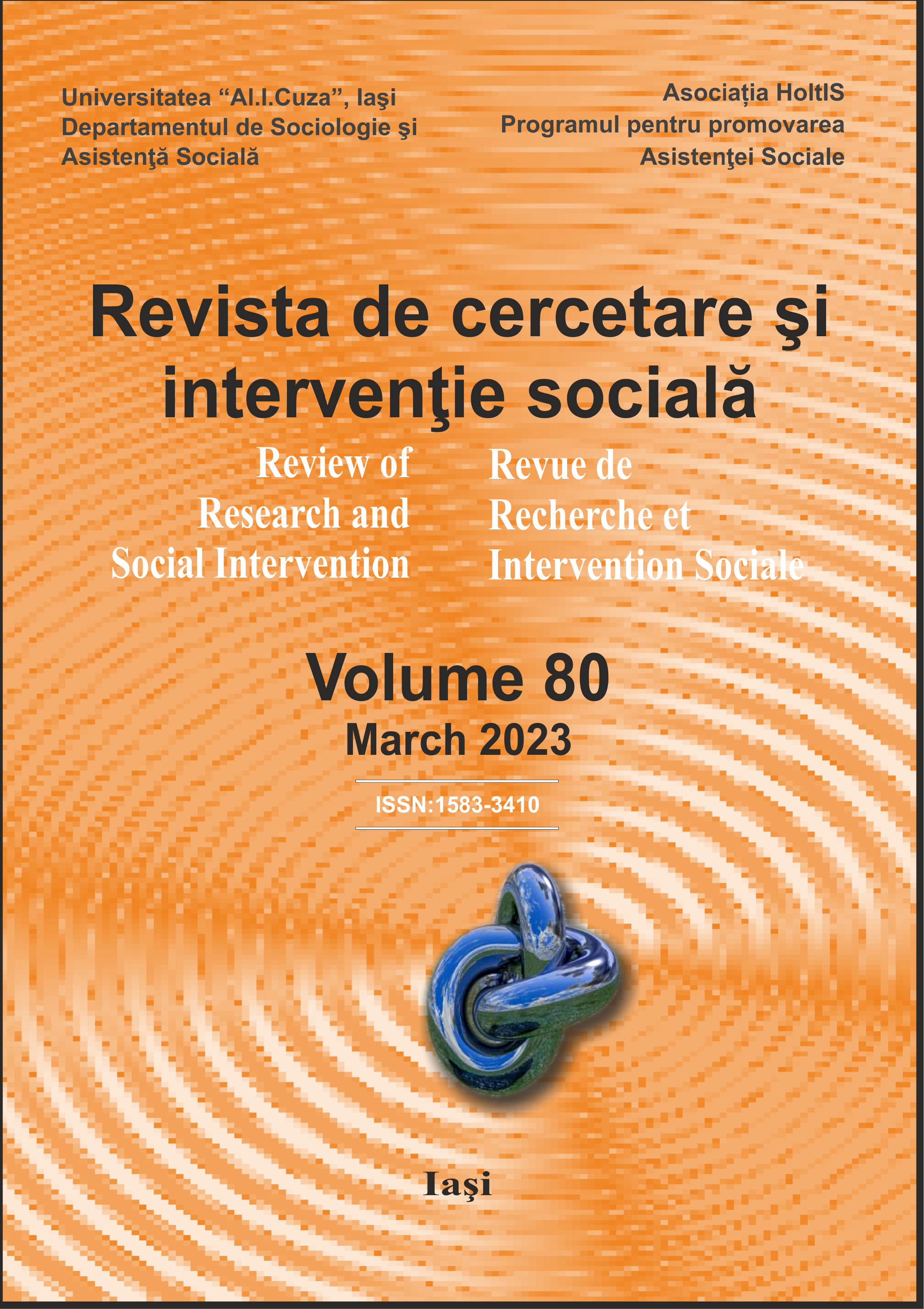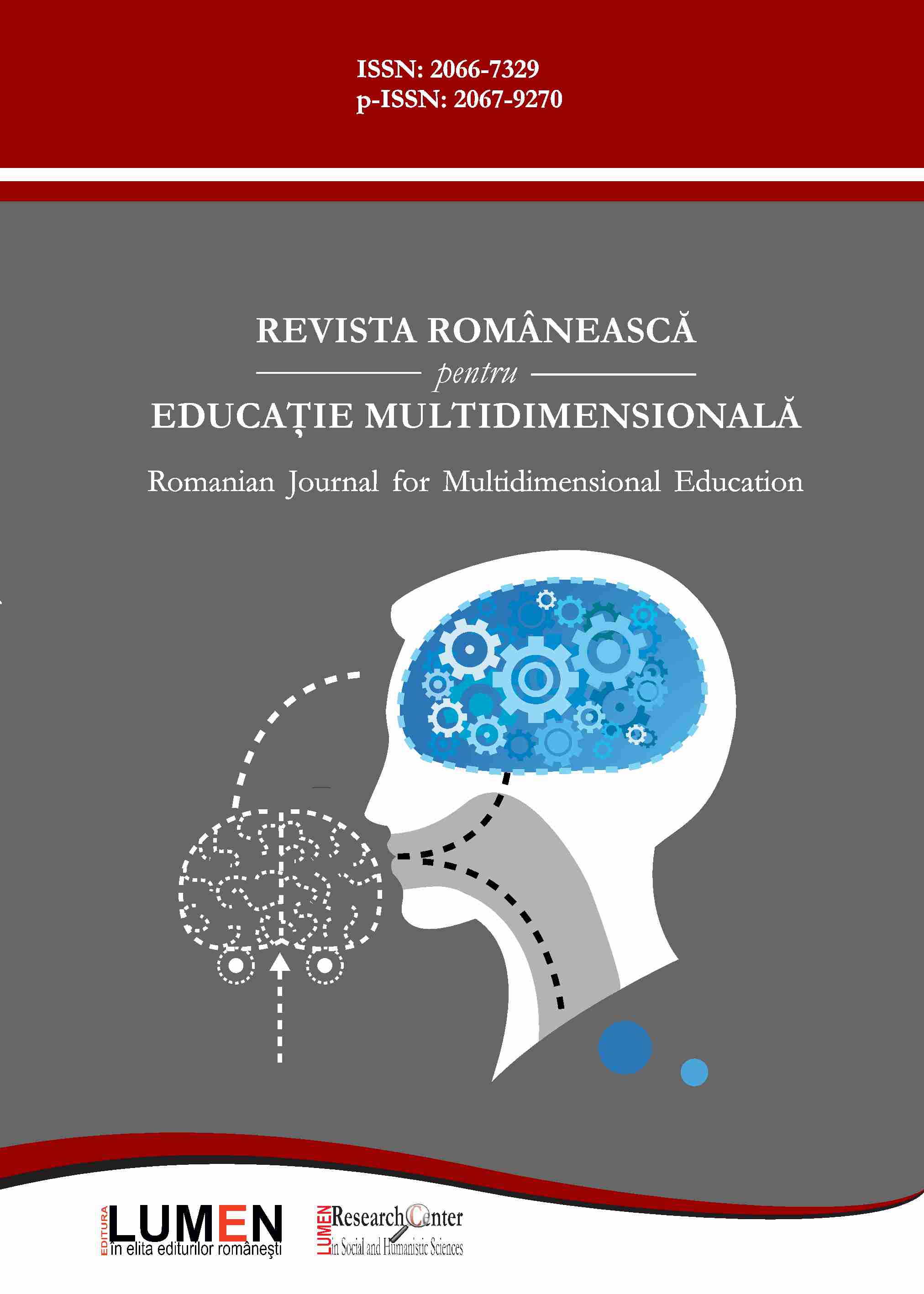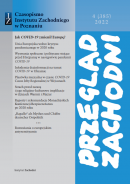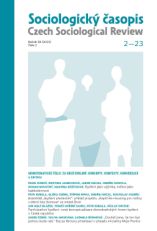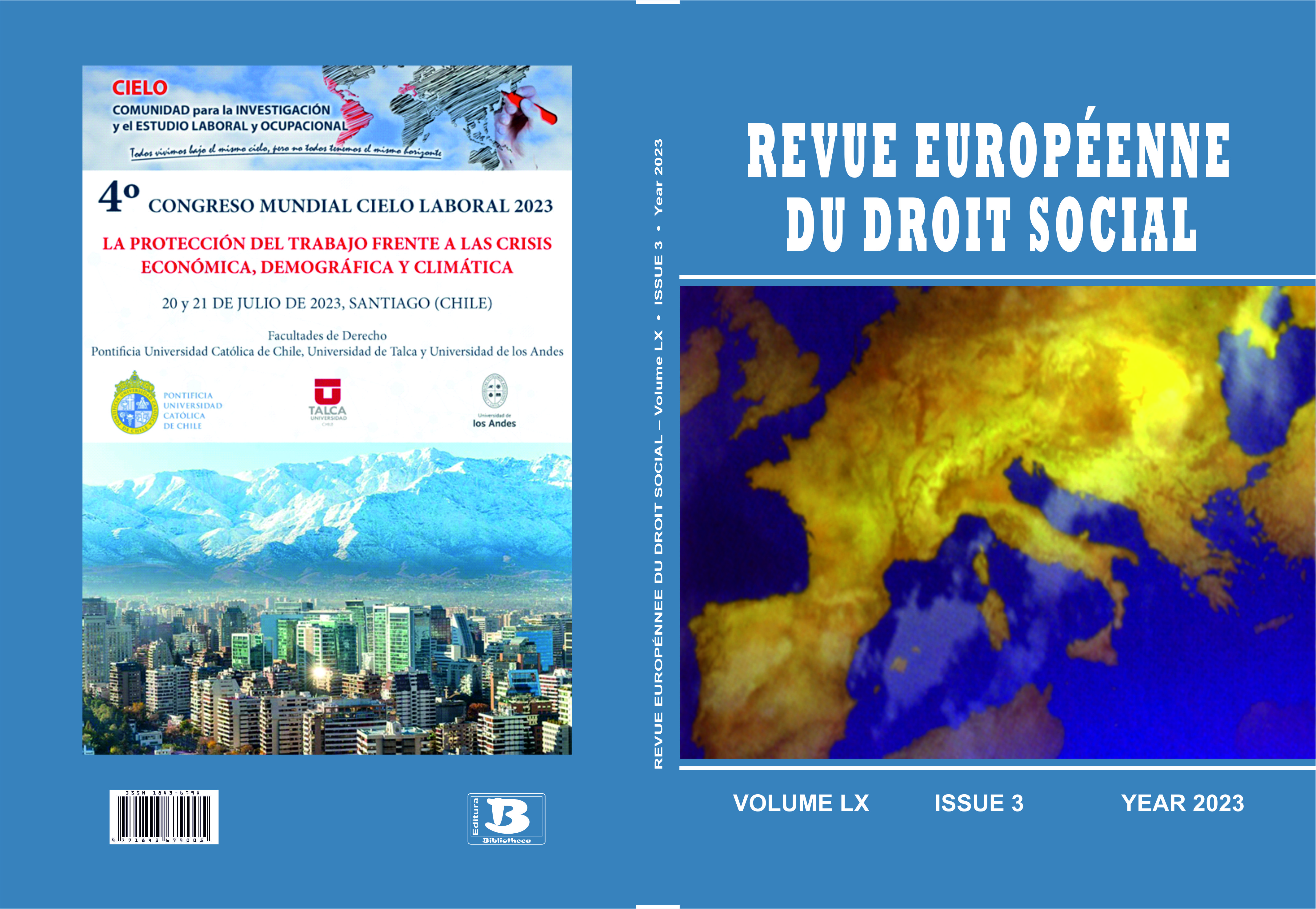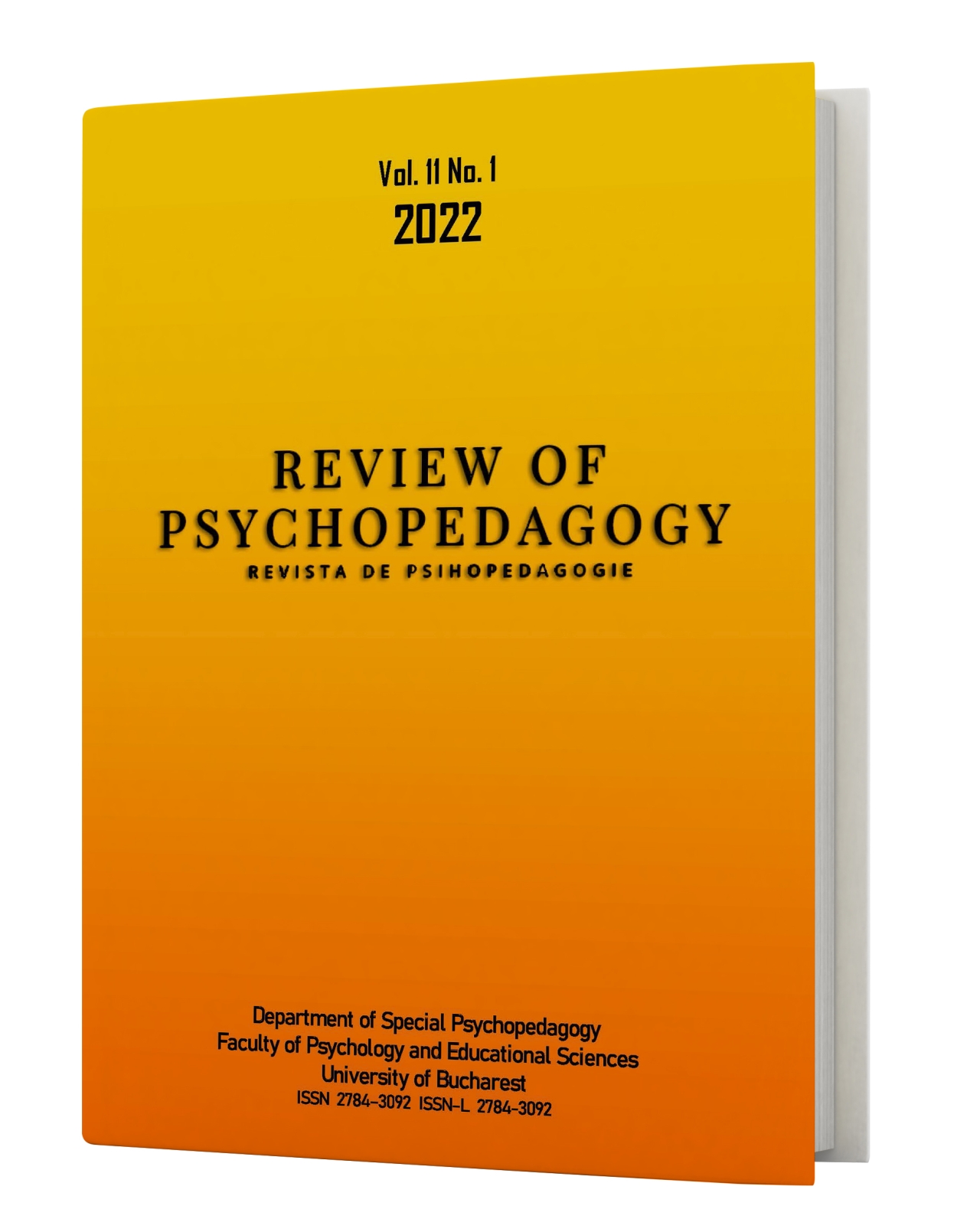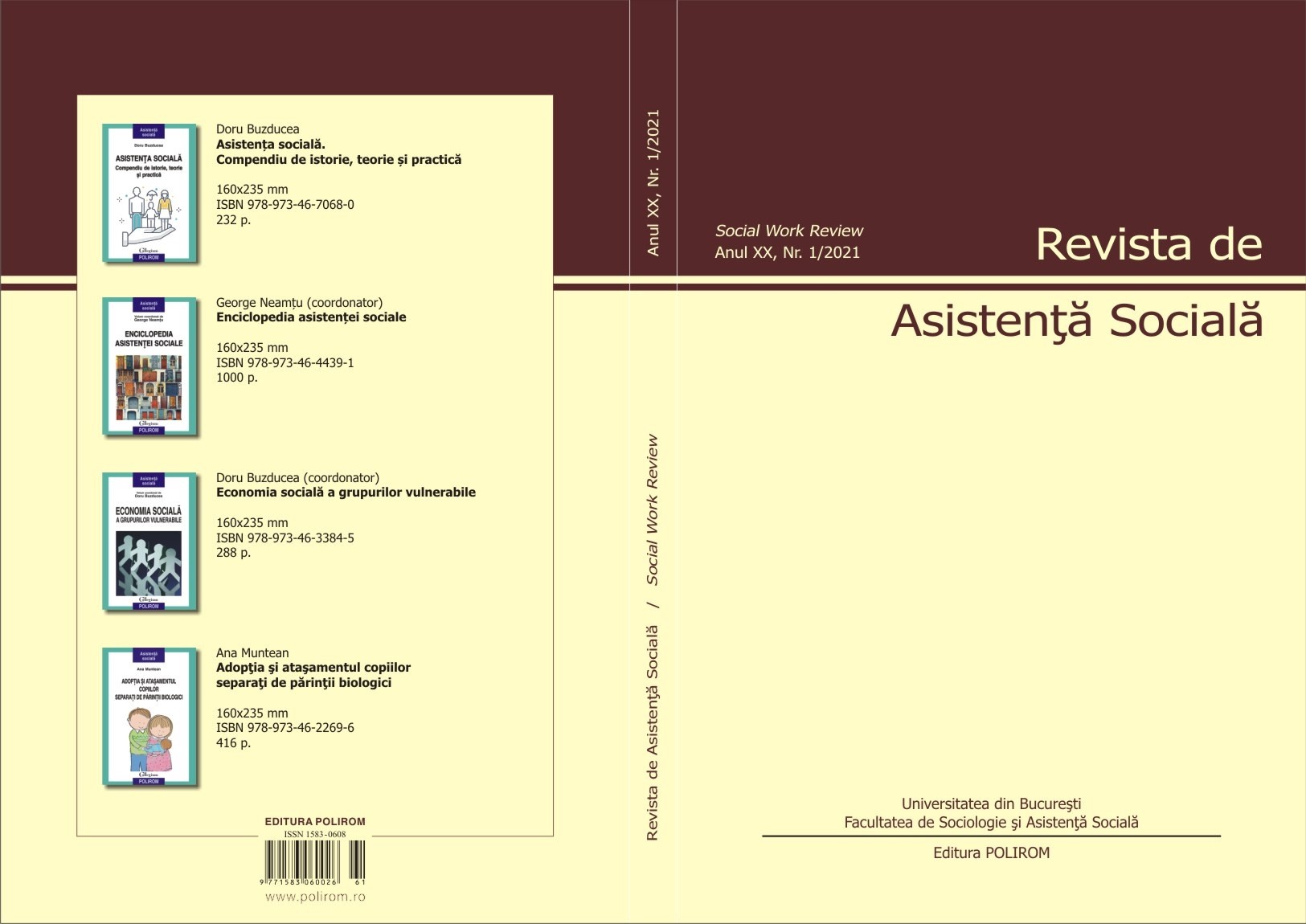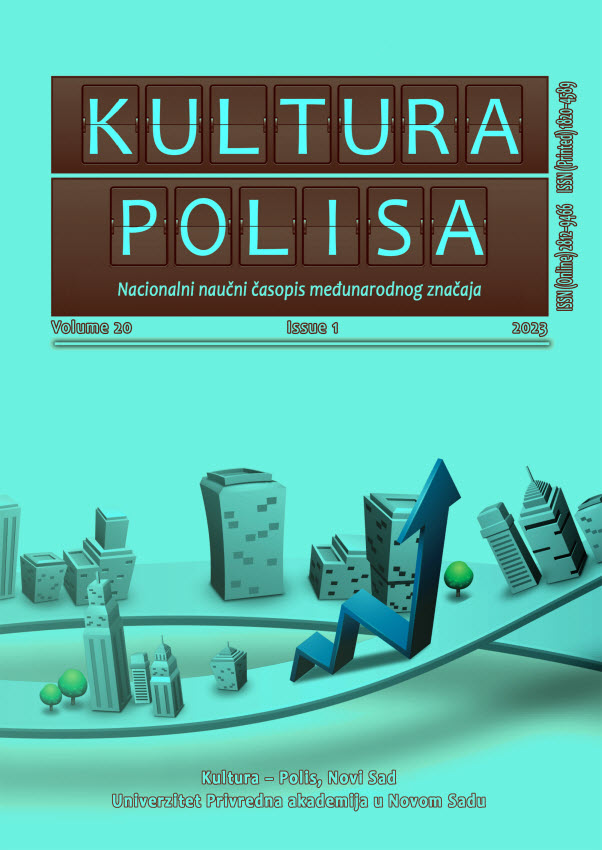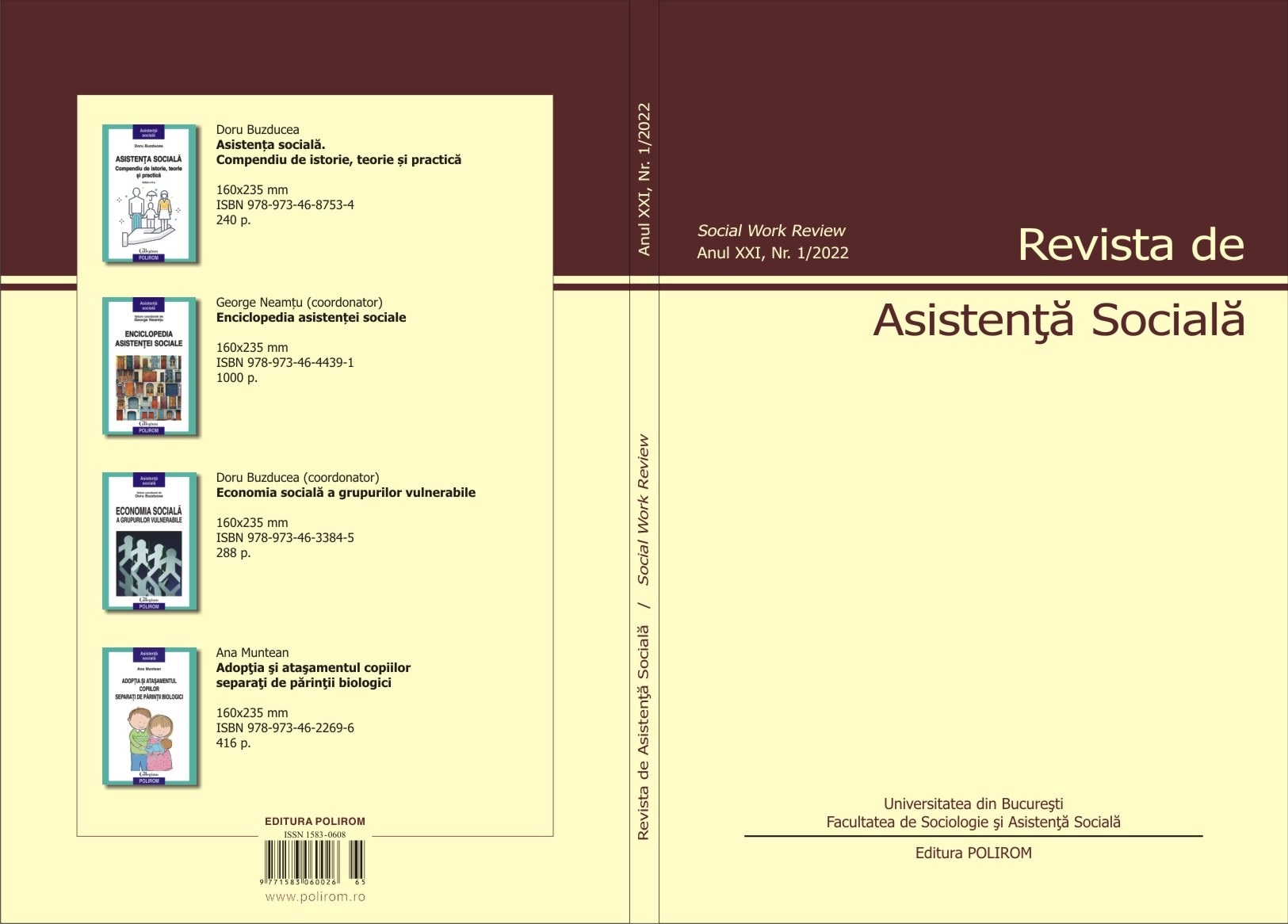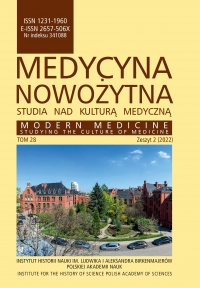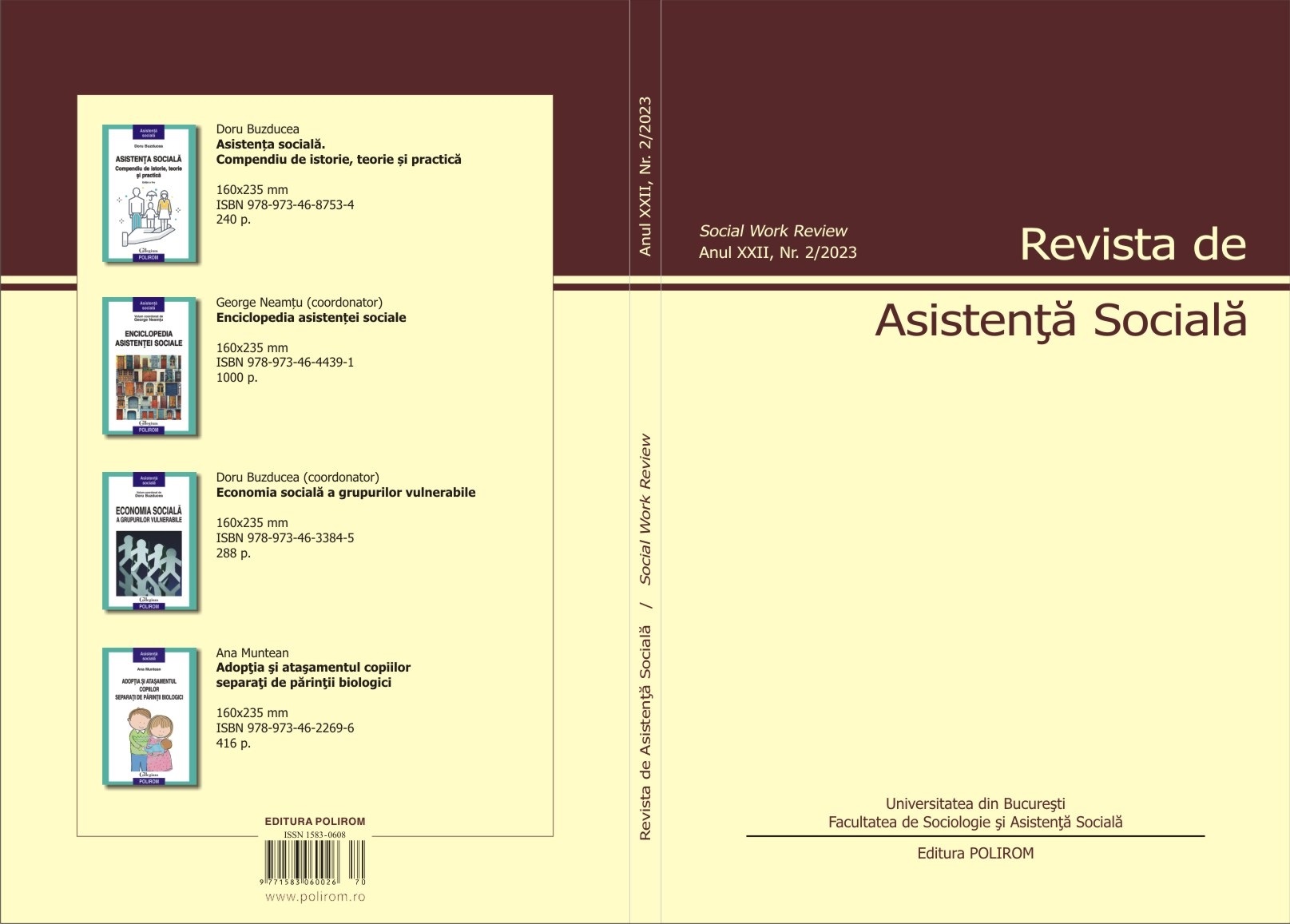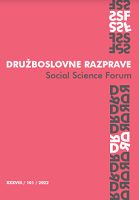
Profesionalizacija socialnega dela v sloveniji: med entuziazmom žensk in zahtevami oblasti
The article is a detailed reconstruction of early social work education in Sloveniain the 1950s. It marks the beginnings of the professionalisation of social workin the context of state socialism. On one hand, the government viewed social work with unease while, on the other, Yugoslavia was the only country of the former “socialist bloc“ to introduce comprehensive social work education in all its republics. Based on archival research, a thematic analysis of written sources on social welfare from the 1950s, and oral narratives of professionals, the article describes the impact of social work education in Croatia on the school in Slovenia, analyses the main actors in the field of social welfare, and addresses the social welfare issues being discussed in the early period.
More...
